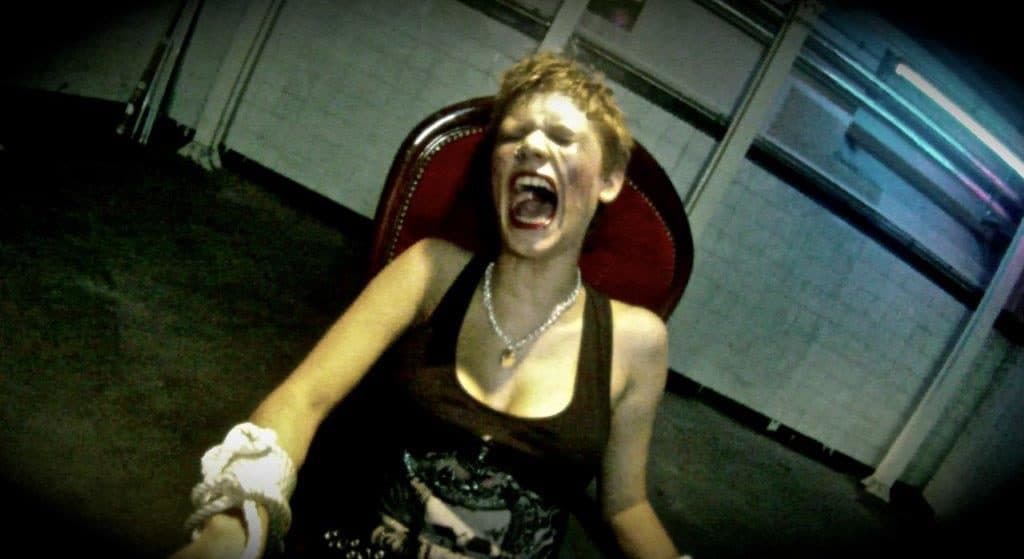

Scott Fitzgerald would be putting it mildly. To say, however, that Roth "adapted" the original short story by F. The screenplay is by Eric Roth, who wrote " Forrest Gump" and reprises the same approach, by having his hero's condition determine his life experience. The film was directed by David Fincher, no stranger to labyrinths (" Zodiac," " Fight Club"). He grows younger, until he resembles Brad Pitt, and then a younger Brad Pitt, and then - we do not follow him all the way as he recedes into the temporal distance. He is born looking like a baby with all the infirmities old age. But how did he prepare emotionally? What exercises would the Method suggest? You can't go through life waving goodbye. He portrays the Ages of Man with much skill. Yes, he had to undergo much makeup, create body language and perform physically to be manipulated by computers. Pitt will of course be nominated for best actor and may deserve it because of his heroic struggle in the performance. No! No! What are they thinking during sex? What fantasies apply? Does he remember her as a girl? Does she picture the old man she loved? This is presumably meant to be the emotional high point. Later in the film, when he is younger and she is older, they make love. In the film, Benjamin ( Brad Pitt) as an older man is enchanted by a younger girl ( Cate Blanchett). It even undermines the charm of compound interest. The movie's premise devalues any relationship, makes futile any friendship or romance, and spits, not into the face of destiny, but backward into the maw of time. How could we perform that act of love if we were aging in opposite directions? It has been proposed that one reason people marry is because they desire a witness to their lives.

We are an observer of our passage, and so are others. I felt instead: Life doesn't work this way. But the film's admirers speak of how deeply they were touched, what meditations it invoked. Yes, you say, but Benjamin Button's story is a fantasy. Even time-travel stories always depend on the inexorable direction of time. If time is fractured into branching paths (" Synecdoche, New York"), it is about how we attempt to control our lives. If a day repeats itself (Harold Ramis' " Groundhog Day"), each new day begins with the hero awakening and moving forward. If it moves backward through a story (Harold Pinter's " Betrayal"), its scenes reflect a chronology seen out of order. Flashbacks and flash-forwards, we understand.
#THE BUTTON MOVIE MOVIE#
We begin a movie or novel and assume it will tell a story in chronological time.


 0 kommentar(er)
0 kommentar(er)
